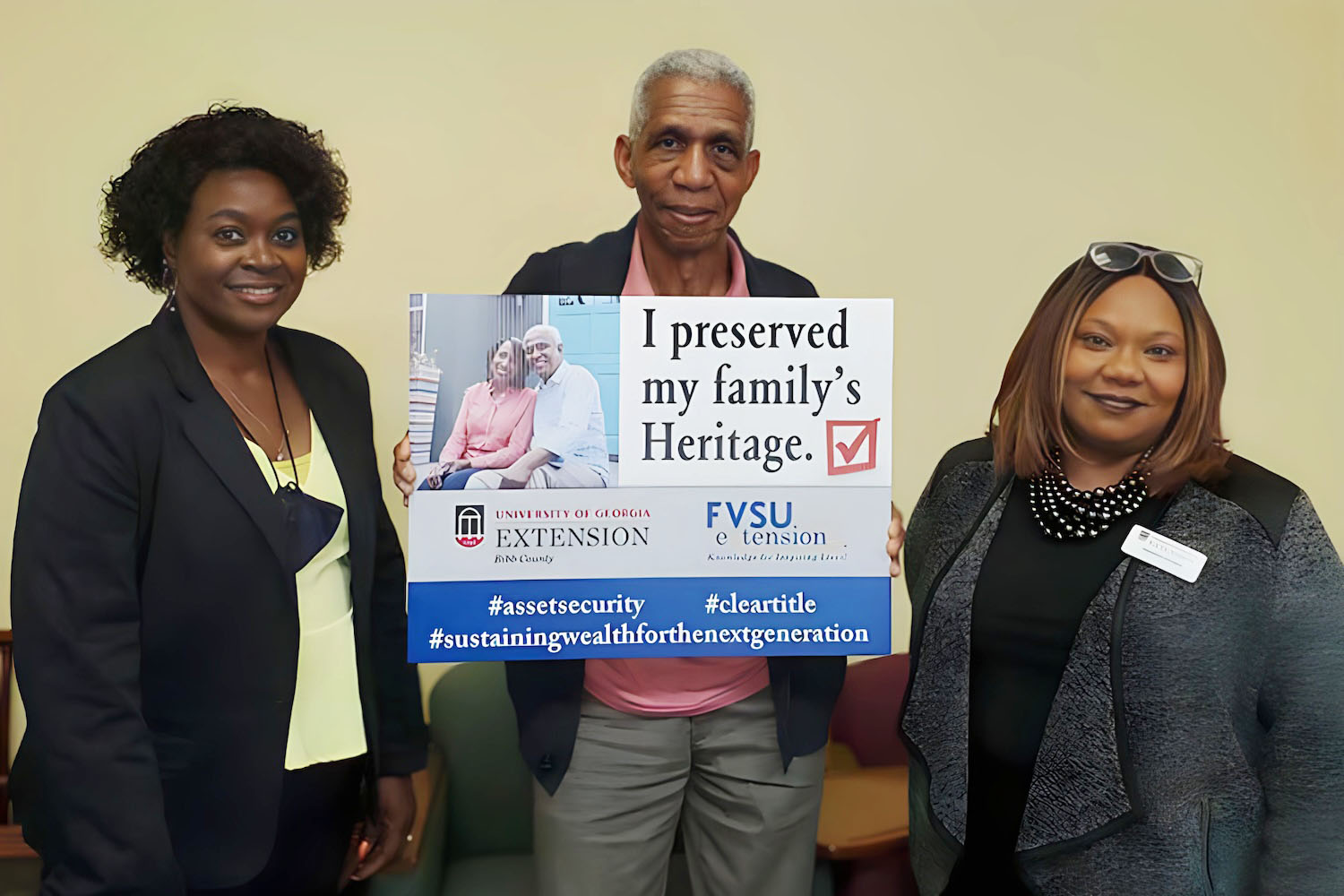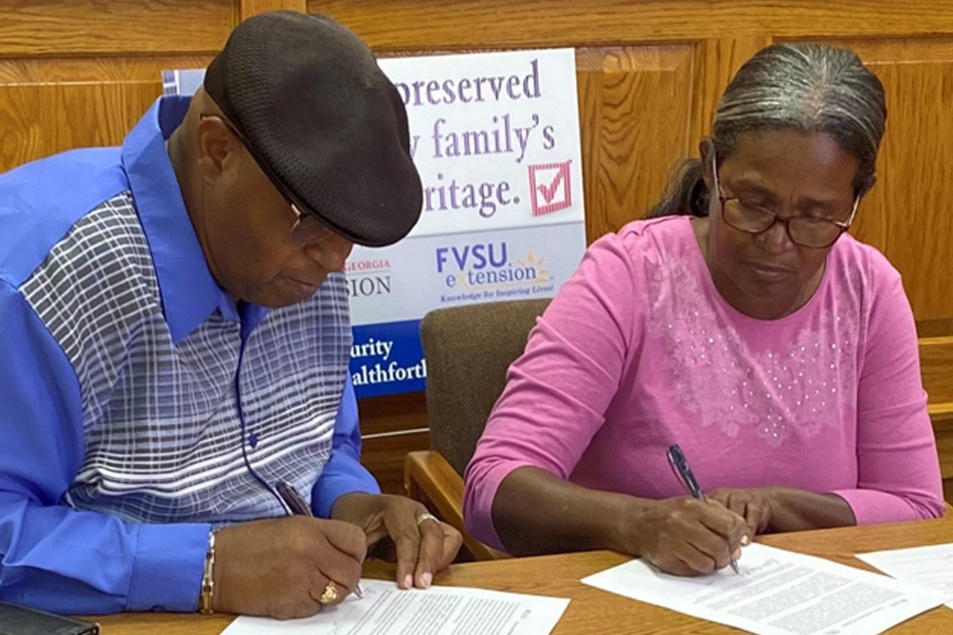No one has to be taught how to spend money, but learning how to save it can be tough. Learning to save money is a skill people learn more easily when they are younger.
“Parents need to teach children to handle the financial challenges and decisions they will face as adults,” said Michael Rupured, a financial management specialist with the University of Georgia Cooperative Extension. “If not, your children may never leave home. If they do leave, without the financial management skills they need, they are likely to return — perhaps with dependents.”
While some middle and high schools do offer financial literacy programs, parents should talk to their children about money much earlier, Rupured said. A child is never too young to learn that money is a limited resource.
“Research suggests that children begin to exert their influence on purchasing decisions by the age of three,” Rupured said. “The way a parent handles those early wants and desires will likely play out well into adulthood for the child.”
One way to teach a child that money is a limited resource is to give that child some of their own.
“As soon as your child asks about money they’re old enough for an allowance,” he said.
Some parents set up an allowance as payment for chores and some parents offer an allowance as spending money with no strings attached. Rupured believes that what a child does for the money isn’t as important as what they are expected to do with it afterwards.
”Be clear on your expectations about how the allowance is to be used,” he said. “For example, dictate that a certain portion must be saved, another portion shared and the final portion must cover all spending needs between now and when the next allowance payment will be received.”
Rupured suggests increasing a child’s allowance as they grow older, but also increasing the number of things the child has to pay for out of his allowance.
“For example, you start an allowance program for your five-year-old,” he said. “Next year, give the child a raise, but add the responsibility to pay for school lunches.” If he or she spends their lunch money all in one day, they have to make their own lunch the rest of the week.
“If you give the child money, you will be giving that child money for the rest of your life,” he said. “Children need to learn there are consequences for not meeting financial obligations.”
When the child gets older, their allowance obligations might grow to include school clothes or gas money.
The goal is to provide them with enough practice managing their own money and paying for necessities that they will be able to successfully manage their finances when they are on their own.
Remember, while talking with your children about money is important, modeling appropriate financial behaviors and attitudes is, too. Children learn most of what they know about managing money by watching their parents, Rupured said.
“Make sure your actions correspond to your words when it comes to managing money,” he said. “Your children learn more from what you do than from what you say.”





.jpg)
